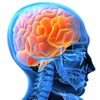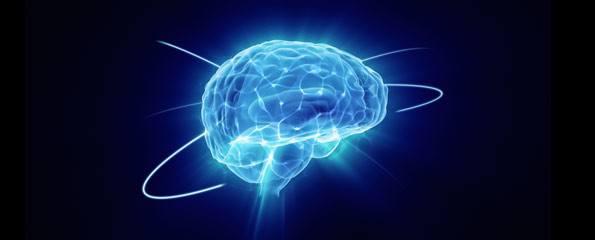Fasting makes brain tumours more vulnerable to radiation therapy
A new study from USC researchers is the first to show that controlled fasting improves the effectiveness of radiation therapy in cancer treatments, extending life expectancy in mice with aggressive brain tumours.
Prior work by USC professor of gerontology and biological sciences Valter Longo, corresponding author on the study and director of the Longevity Institute at the USC Davis School of Gerontology, has shown that short-term fasting protects healthy cells while leaving cancer cells vulnerable to the toxic effects of chemotherapy.
The latest study is the first to show that periods of fasting appear to have the same augmenting effect on radiation therapy in treating gliomas, the most commonly diagnosed brain tumour. Gliomas have a median survival of less than two years.
“With our initial research on chemotherapy, we looked at how to protect patients against toxicity. With this research on radiation, we’re asking, what are the conditions that make cancer most susceptible to treatment? How can we replicate the conditions that are least hospitable to cancer?” Longo said.
Longo and his co-investigators, including Thomas Chen, co-director of the USC Norris neuro-oncology program, studied the combination of fasting with radiation therapy and with the chemotherapy drug Temozolomide, currently the standard treatment for the treatment of brain tumours in adults after an attempt at surgical removal.
The researchers found that controlled short-term fasting in mice, no more than 48 hours each cycle, improved the effectiveness of radiation and chemotherapy in treating gliomas. Despite the extremely aggressive growth of the type of brain tumour studied, more than twice as many mice that fasted and received radiation therapy survived to the end of the trial period than survived with radiation alone or fasting alone.
“The results demonstrate the beneficial role of fasting in gliomas and their treatment with standard chemotherapy and radiotherapy,” the researchers wrote. They said the results indicated the benefits of short-term, controlled fasting for humans receiving treatment for brain tumours.
Longo cautioned that patients should consult with their oncologist before undertaking any fasting: “You want to balance the risks. You have to do it right. But if the conditions are such that you’ve run out of options, short-term fasting may represent an important possibility for patients.”
USC Norris Cancer Center, Mayo Clinic and Leiden University Hospital are all conducting clinical trials on fasting and chemotherapy. A clinical trial on glioma, fasting and radiotherapy is being considered at USC.
(Source: University of Southern California (USC): PLoS ONE)
More information
 | For more information on brain health, including the anatomy of the brain, the effects of nutrition and exercise on the brain, and the effect of mental activity on health, see Brain Health. |
Dates
Tags
Created by:

 Login
Login














